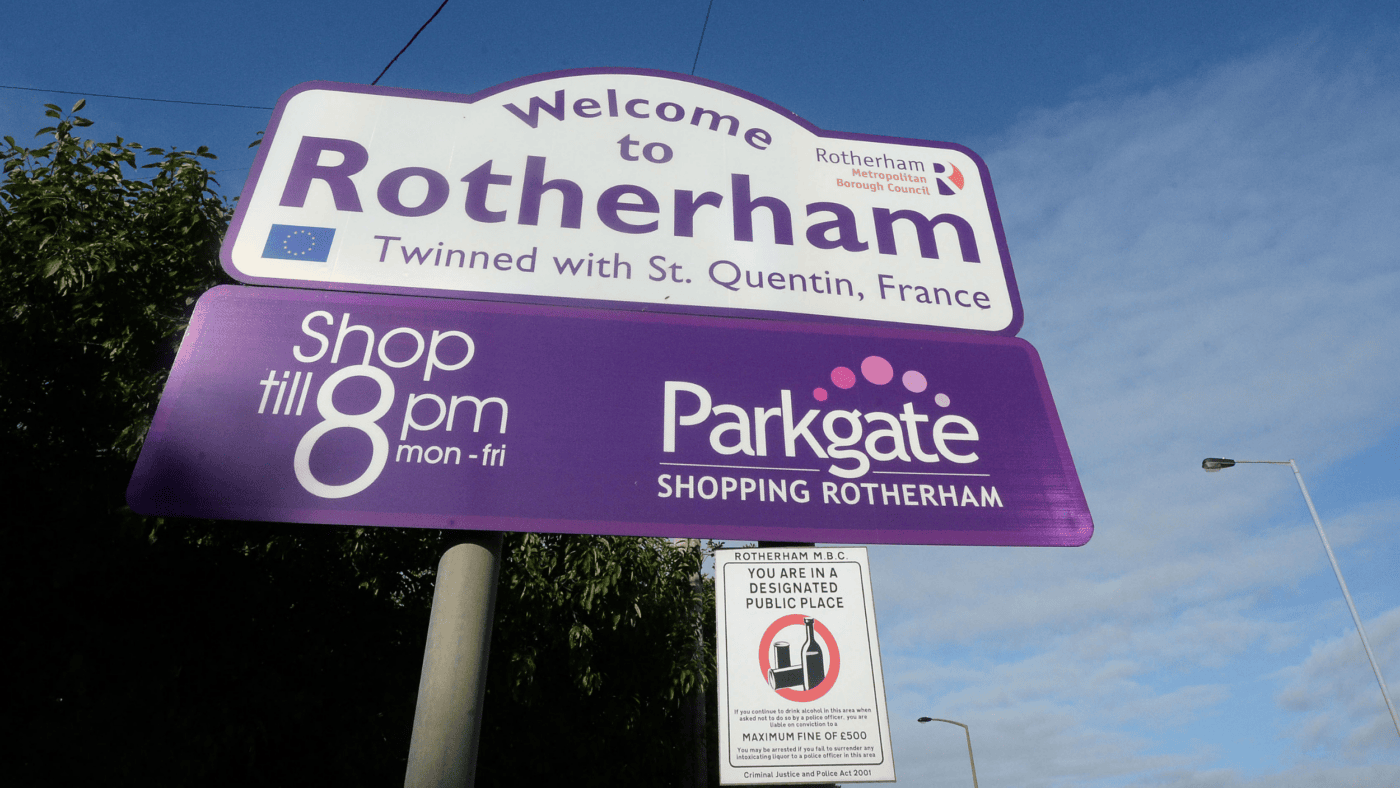At the beginning of the year, Keir Starmer claimed that opposition politicians calling for a new national inquiry into grooming gangs were on the ‘bandwagon of the far-right’. Now he is apparently on the same bandwagon, having U-turned and agreed that a statutory national inquiry is necessary. That comes after Baroness Casey’s rapid audit into the issue recommended it.
It may well be that the process-driven Prime Minister genuinely had his mind changed by the report. It may also be that he knows that any new inquiry will cause Labour problems. As the audit makes clear, those of Pakistani heritage were massively over-represented among abusers. That same group are also often loyal Labour voters, with most of the worst rape gang cases taking place in Labour areas, and inquiries in places like Rotherham revealing failings by Labour councils.
The national inquiry will be statutory, which means that it can compel witnesses. Sources in the Government have said it will have an independent chair, hold institutions to account for their failings, and will have the power to compel local organisations to comply. Based on evidence from the police, agencies, victims and others, the inquiry will choose local areas for more investigation. Although no terms of reference have yet been drafted, the inquiry will also be time limited.
This is certainly a good start but many questions remain, with politicians still hashing them out in Parliament. This inquiry will have to avoid the pitfalls of the Independent Inquiry Into Child Sex Abuse, which lasted for eight years, with multiple different chairs, 19 reports and a high cost. In the end, despite producing a range of recommendations, there has been little appetite in Government to adopt any of them. Although IICSA touched on rape gangs, in a report on ‘organised networks’, there were complaints that they didn’t talk to enough victims and that it focused on areas where there hadn’t been major rape gang cases. The proposal of a compensation scheme for rape gang victims was blocked by civil servants.
One major issue is that, although the audit recommends research into the drivers of this sort of abuse, including ‘cultural factors’, there have been widespread failings by academics to tackle this issue. Dr Ella Cockbain of University College London was directly criticised by the audit for wrongly claiming that the 2020 Home Office paper on ethnicity and grooming gangs had debunked the argument that those of Pakistani-heritage were over-represented among abusers. She was also ‘one of only a handful of academics invited to submit evidence’ to IICSA. An open letter by more than 60 academics and experts attacking the then Home Secretary Suella Braverman for pointing out this over-representation include senior figures from the NSPCC and a former Children’s Commissioner.
This rot goes deep. The writer Ed West has called the scandal Britain’s Chernobyl. Like that disaster, this has hollowed out public faith in institutions because their failings were often rooted in ideology, with fears about racism prioritised over the actual crimes. Those failures took place not just in the decades during which the gangs were able to operate without any serious media or police interest, but the decade since the story broke, during which far too many in the establishment have played down or tried to debunk uncomfortable truths. How far will the inquiry go to examine the role played by those in the establishment in preventing effective action from being taken?
There are also plenty of people who have escaped serious punishment so far. In Rochdale, we know that senior police officers closed down Operation Augusta early, allowing abusers to stay on the streets for years to come. Yet none of those officers have faced professional consequences.
The inquiry therefore faces real challenges to deliver the lasting effects that prior inquiries have failed to achieve. Local investigations have the possibility to bring justice to victims who have so far had it denied, but the national inquiry will have to look much deeper if it wants to change things. After all, almost every inquiry and report for the last decade has bemoaned the poor state of collecting data on ethnicity, without much positive change being achieved. With so many vested interests unwilling to critically examine their own failures, the only way to achieve that may be to bring in a Commonwealth judge or lawyer to run the inquiry, with sweeping terms of reference and an explicit expectation that it should result in people being sent to jail.
Click here to subscribe to our daily briefing – the best pieces from CapX and across the web.
CapX depends on the generosity of its readers. If you value what we do, please consider making a donation.


